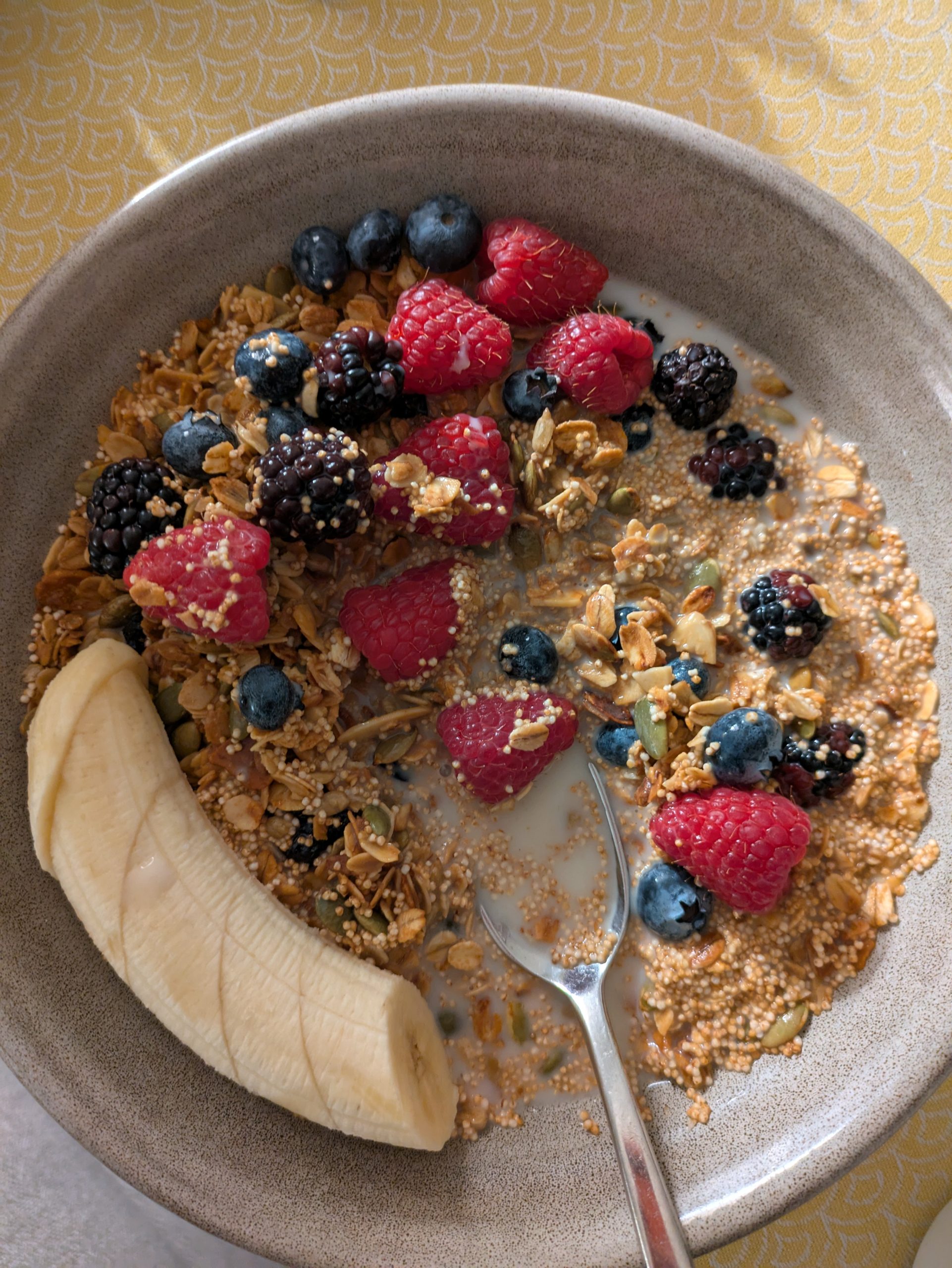Update 5/26/25: I’m no longer a PPP (plant-powered person) but a P (pescatarian). More on that here.
After a year of eating mostly plant-based, since January 2025, I’ve gone full vegan (New Years Resolution). Mostly whole food vegan (no, not Whole Foods the store, but I do get some stuff there). I’m posting some thoughts I’ve had since before starting a plant-based diet to intend to help or at least inspire discussion in others who are recent vegans or thinking of going vegan.
Is veganism bland?
One of the reasons some people avoid a vegan diet even if they agree with it for other reasons, and probably one of the reasons I didn’t take it on for a while, is the thought it will be too difficult without meat, fish, eggs, cheese, milk, or honey, or that healthy vegan food will be bland. I personally haven’t found that to be the case at all. There is an abundance of great/amazing-tasting healthy plant-based food out there, particularly when combined with each other, including in grocery stores and restaurants. I don’t miss meat or fish in the slightest.
In terms of plant-based alternatives to animal foods, I’ve actually found some alternatives to taste better than the real thing, and have personally witnessed people who’ve tried any of various plant-based alternatives being convinced it was an animal product.
Here are some pics of fully plant-based meals I’ve enjoyed, including typical food I eat at home containing tasty, healthy ingredients that are extremely available and convenient to prepare.
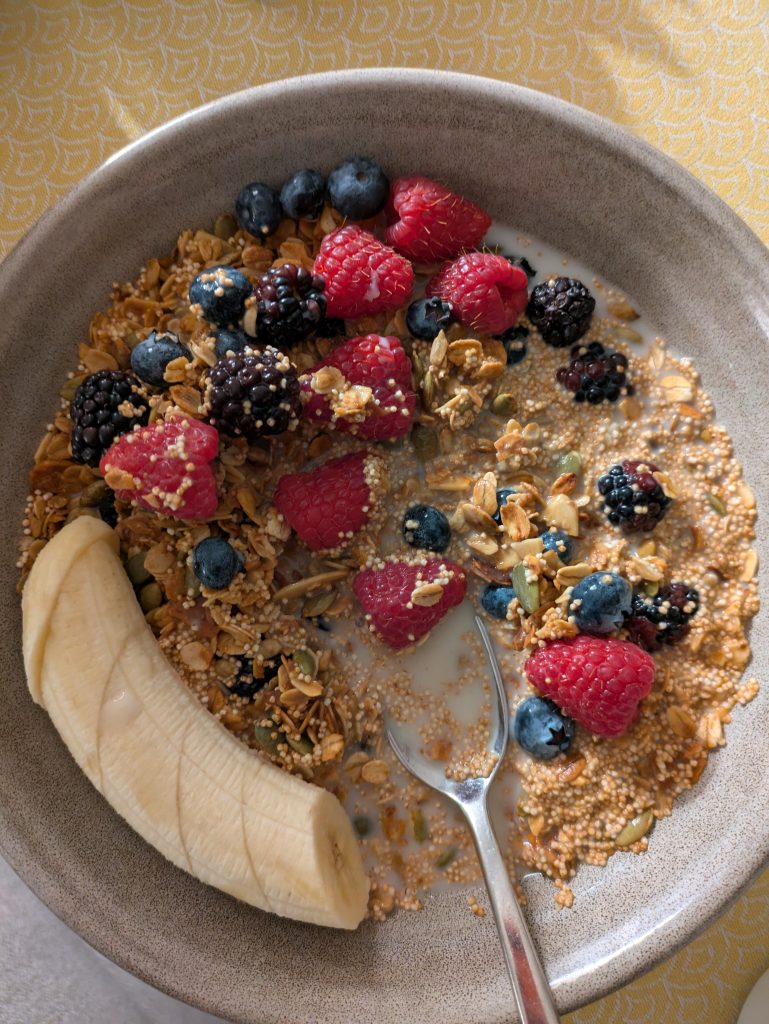
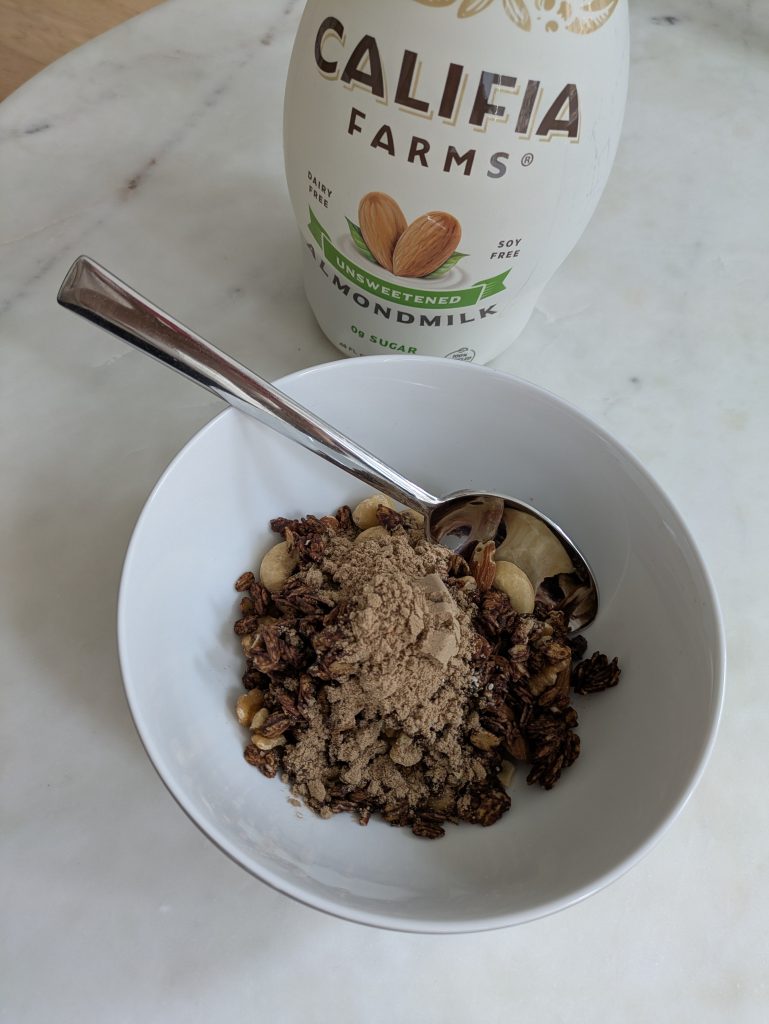
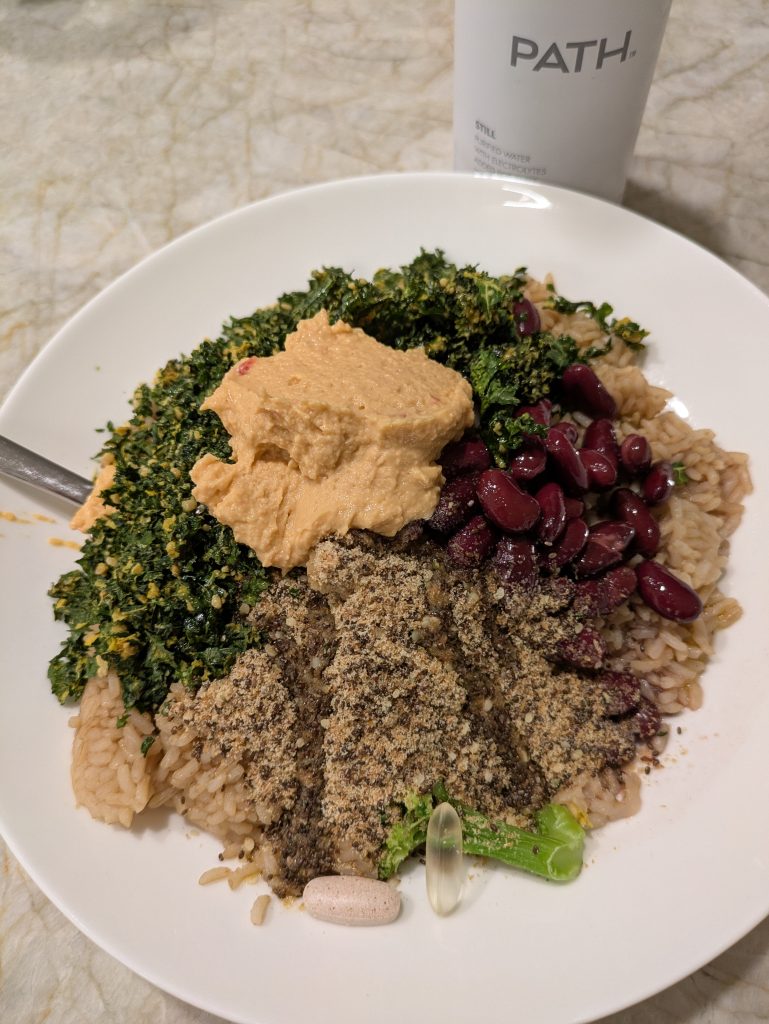
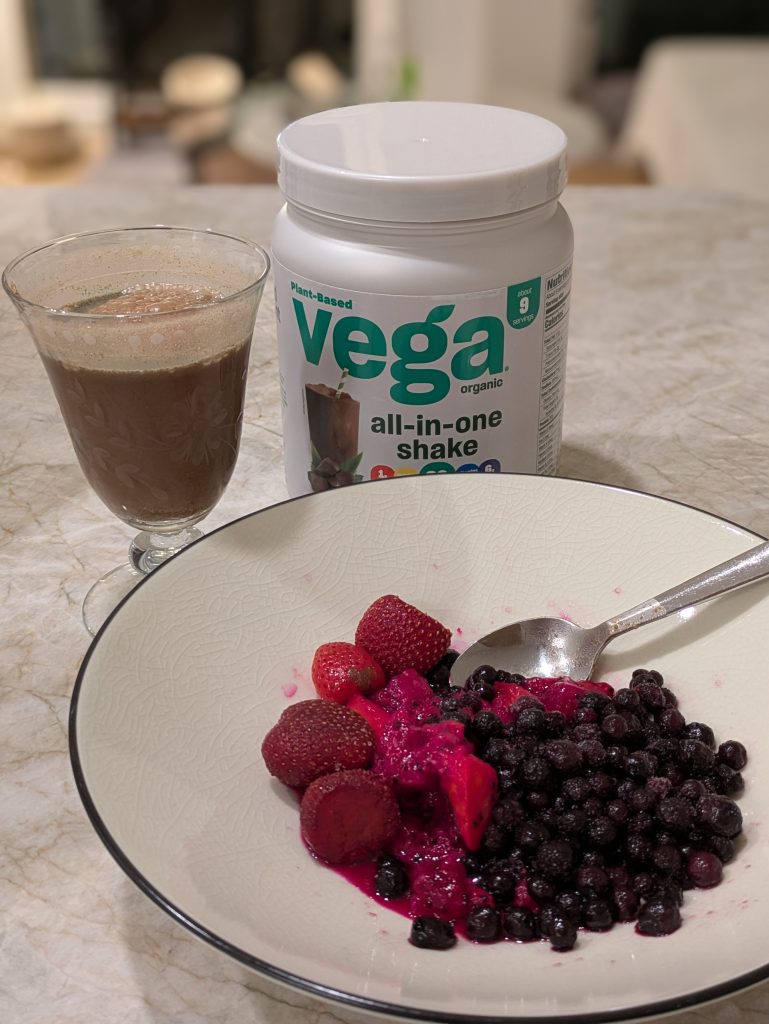
Is veganism bad for nutrition?
Another reason that some people have reservations is concerns about nutrition. But if your bloodwork is already mostly within range or fairly normal, I don’t expect it to be too difficult for the average person to shift to veganism (but if it isn’t essentially normal yet, focus on that first and foremost). Add a (multi)vitamin supplement with a relatively high dose of B12 and D, and consider algae omega 3 even if you eat a lot of foods containing omega such as seeds (ALA to EPA/DHA conversion is said to be low). Drink plant milk fortified with D. As for protein, calcium, iron, healthy fats, etc, plant foods are generally rife with those. Lentils, rice and beans, quinoa, nuts, of course veggies including dark green leafy and cruciferous, etc. Add EVOO. Hummus, cashew cheese for flavor. That’s mostly it (for what has worked for me so far and many others). When you eat these daily it becomes second nature.
There are also some intricacies not specific to veganism but relate to vitamins and minerals vegans should focus on. For example, consume vitamin K2 to ensure D3 is allocated to the bones instead of arteries (numerous multivitamins include K2 with D3), consume vitamin C (e.g. fruits) to help absorb non-heme iron, etc. The idea that one needs to consume a “complete protein” (all amino acids) per meal appears to be a myth, but in case you’re interested: quinoa is considered “complete”, as are rice and beans, rice and hummus, and rice and a myriad of other plant things. Also note, unfortunately the B12 in seaweed has been considered a pseudo form not as good as other sources.
I included a list at the end of this post of shoutouts for widely available grocery items I’ve enjoyed as part of my daily home meals. For any items where cooking is required, they are conveniently preparable in a microwave with minimal fuss (you may be surprised to learn that microwaving retains more nutrients than stove-cooking).
Do blood tests periodically, especially near the start of the diet, to track your stats. B12 is probably the one to keep the eye on the most, but if you supplement and aren’t anemic due to an underlying condition, absorption issues, etc, it generally shouldn’t be an issue. Of course, it can vary between individuals and from time to time. At the time of writing, my omega 3 seems stabilized on the lower end of normal, and B12 and iron dropped a bit since becoming fully vegan although still within range. Some stats, by nature, can vary a lot. Trends and explicit deficiencies are what to look for, which is why periodic testing is important, especially near the start.
You might also be interested in the Netflix twin study “You Are What You Eat: A Twin Experiment”. I haven’t seen it myself but read the summary. Not to mention numerous other studies.
This photo shows the 2 supplements I take (two tabs of each daily, spread across two meals to maximize absorption, so 1 tab of each per meal). I also mix in 1+ scoops of nutrition powder (shown above) spread across breakfast, dessert, and any snacks. Depending on future blood tests, I may or may not make tweaks, but this seems to work fine for the moment.
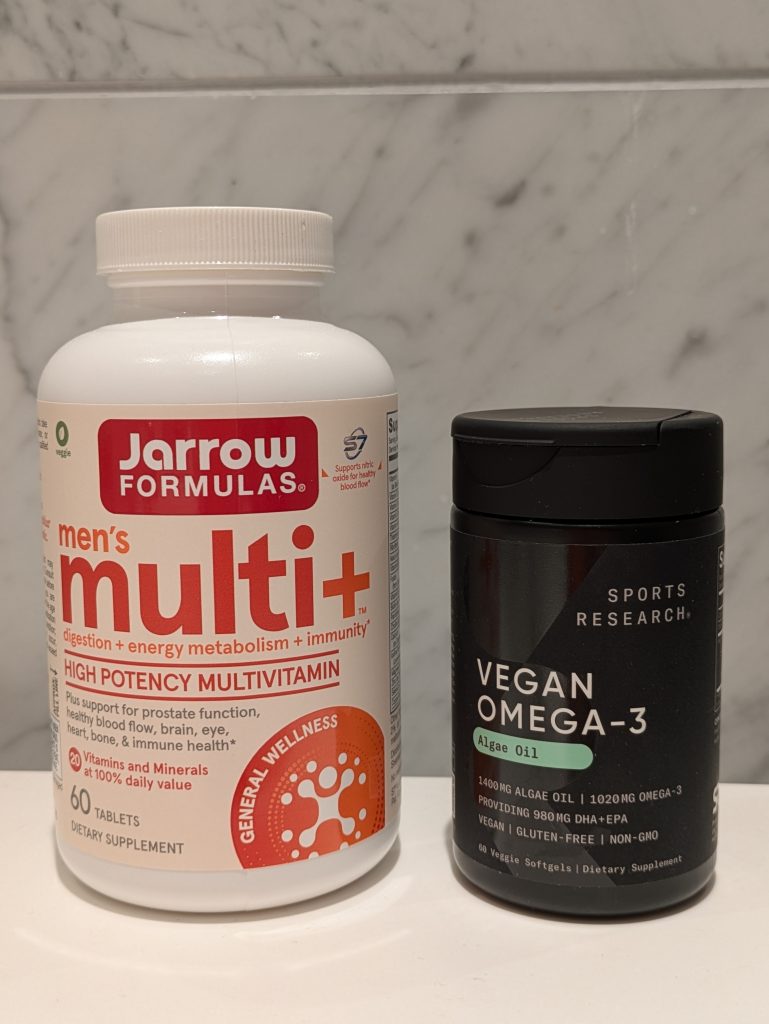
Is veganism fattening?
A third reason is claims of unhealthy weight gain (and I’m making it clear that not all weight gain is unhealthy). This is largely down to what and how much you eat. Any diet can be bad if you eat the wrong foods. Many people lose weight shifting to any diet from the standard American diet, because frankly, the standard American diet is awful. On that note, don’t stuff yourself with vegan desserts and chips high in added sugars or unhealthy fats every day, etc, and it shouldn’t be an issue. In fact I and many others steadily lost weight without trying on a plant-based diet. (When I noticed I was approaching the lower end of a normal BMI, I simply modified my diet slightly to increase caloric density — e.g. liquid calories, more seeds — and increased anaerobic exercises including pull-ups, and my weight is now maintained at a healthy BMI.)
And of course there’s the well-known adage, calories in minus calories out. I’ve only calorie-counted a few times in my life because it’s a lot of work and I’ve not really needed to, but it can be worth doing to better plan your goals. Remember to account for metabolic base rate and exercise. On my vegan diet, daily I tend to get roughly 3000 kcal (±500 kcal) over 4 meals (and any snacks).
How do I feel? Generally, the healthiest and most energetic I’ve felt in a while. For instance, I used to drink a 300 mg caffeine energy drink almost daily; now, I don’t drink caffeine anymore except the occasional tea when I’m out. It’s too early to say I’ll be vegan for life, but I think it’s going well so far.
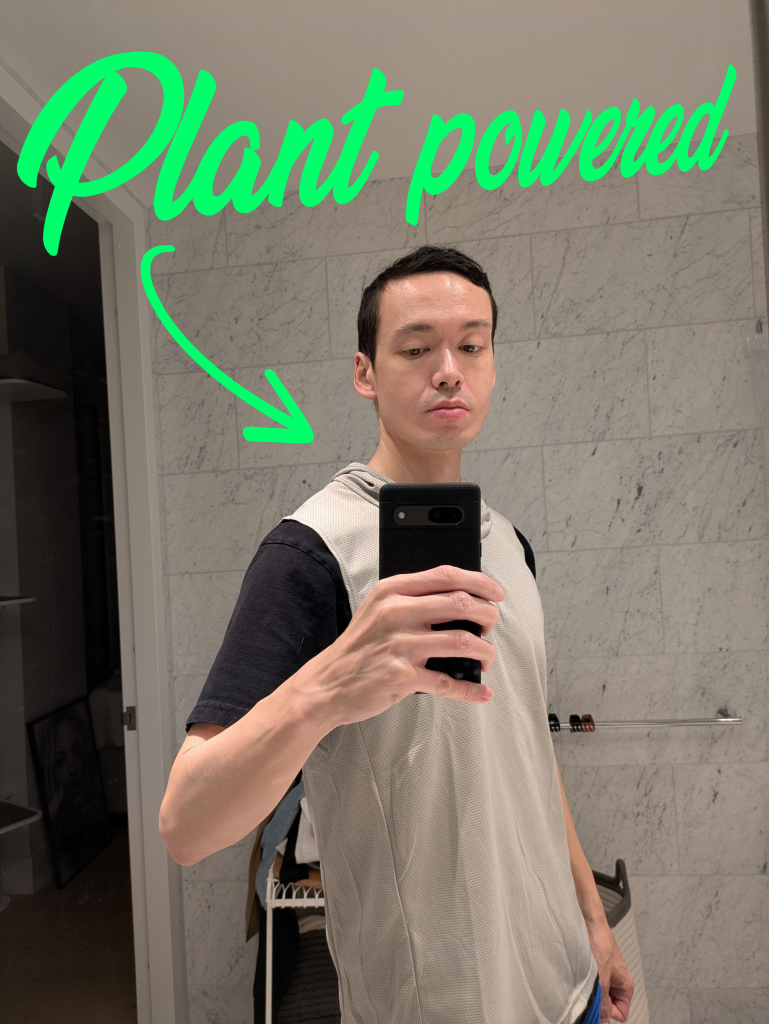
Closing notes (for now)
If you’re thinking about trying veganism, it’s definitely something I suggest graduating into like I did. Try primarily plant-based first (e.g. continue eating meat/fish on a few days each week but not other days), then give up meat but continue eating fish, then go vegetarian, then finally vegan. Jumping right into vegan from omnivore might be more of a shock. Graduating feels natural.
Feel free to reach out if you have any questions or comments. Happy hopping to my fellow vegans!🐰
Addendum: grocery item shoutouts
- The always up-to-date list is now found here.
